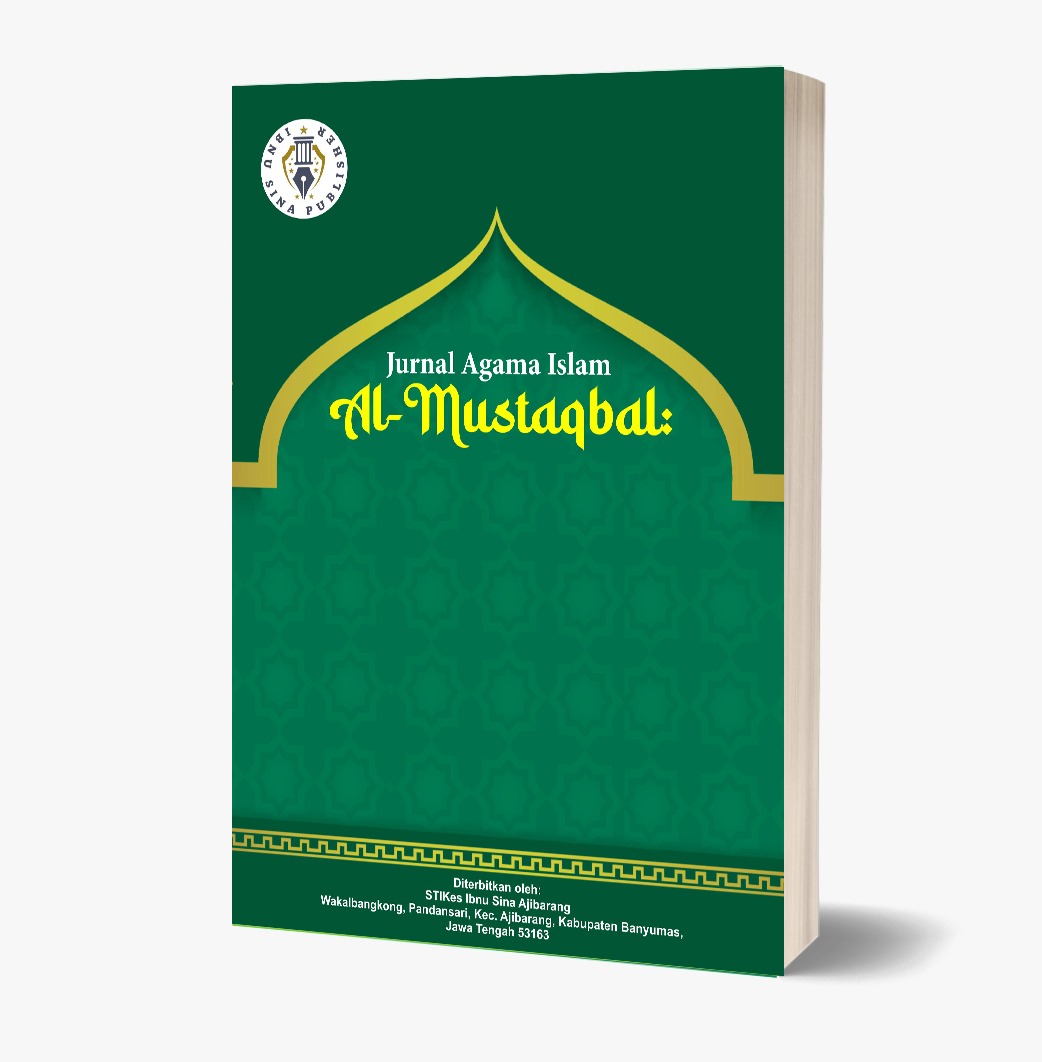Pembentukan Karakter Kebajikan pada Anak : Perspektif Al-Qur’an Surat An-Nahl Ayat 90
DOI:
https://doi.org/10.59841/al-mustaqbal.v2i3.199Keywords:
child-character, virtue, Qur’an, An-Nahl-verse-90, Islamic-educationAbstract
The background of this research lies in the moral crisis and character degradation among children, which are consequences of rapid changes in the modern era, technological advancement, and the lack of optimal roles played by families and educational environments. Utilizing a qualitative approach and the method of library research, this study analyzes the meaning and content of QS. An-Nahl: 90 through the interpretations of various classical and contemporary scholars, such as Quraish Shihab, Al-Maraghi, and Al-Azhar. The findings reveal that the formation of virtuous character based on QS. An-Nahl: 90 consists of three main commands acting justly, doing good (ihsan), and giving to relatives and three prohibitions immorality, wrongdoing, and hostility. These values form the foundation of Islamic virtuous character, which can be instilled in children through education provided by the family, school, and community. Virtues such as justice, empathy, responsibility, and courtesy serve as key pillars in shaping a morally upright generation.
References
Al-Asy’ari, A. (2016). Al-Qur’an dan terjemahnya: Metode tahfidz QTA. Yayasan Al-Asy’ariyah.
Al-Maraghi, A. M. (1946). Tafsīr al-Marāgī (Jil. 14, hlm. 129). Syirkah al-Maktabah Musthafa al-Bab al-Halabi.
Habibi, M. D., Fitria, A., & Jadid, K. M. (2022). Nilai pendidikan akhlaq tentang sikap dalam perspektif Islam. Edumaspul: Jurnal Pendidikan, 6(1), 154–160.
Hamka. (1983). Tafsir Al-Azhar Juz XII–XIV (hlm. 280). Pustaka Panjimas.
Imani, F., & Alamah, K. (2005). Tafsir Nurul Qur’an Sebelum Cahaya. Al-Huda.
Mainuddin, Tobroni, & Nurhakim. (2023). Pemikiran pendidikan karakter Al-Ghazali, Lawrence Kohlberg dan Thomas Lickona. Attadrib: Jurnal Pendidikan Guru Madrasah Ibtidaiyah, 6(2).
Maraghi, A. M. (1987). Terjemah Tafsir Al-Maraghi. PT Karya Toha Putra.
Mubarok, A. (n.d.). Panduan akhlak mulia: Membangun manusia bangsa berkarakter (hlm. 14). PT Bina Rena Pariwara.
Mustofa, A. (2000). Akhlak tasawuf (hlm. 11). Pustaka Setia.
Nurul Solikhah, M., Maryono, M., & Fuadi, S. I. (2023). Nilai-nilai pendidikan karakter bagi anak dalam Surah Ali Imron ayat 79. CENDEKIA: Jurnal Ilmu Sosial, Bahasa dan Pendidikan, 3(3), 53–60. https://doi.org/10.55606/cendikia.v3i3.1381
Shihab, M. Q. (1996). Wawasan al-Qur'an: Tafsir maudhu’i atas pelbagai persoalan umat (Cet. 6, hlm. 253). Mizan.
Shihab, M. Q. (2002). Tafsir Al-Misbah: Pesan, kesan, dan keserasian Al-Qur’an. Lentera Hati.
Sutrisno. (2011). Pembaharuan dan pengembangan pendidikan Islam (Cet.). Falidatama.
Syaibah al-Hamdi, A. Q. (2006). Tafsīr Ayāt al-Aḥkām (hlm. 14). Al-‘Abikan.
Yatimin, A. M. (2007). Studi akhlak dalam perspektif Al-Qur’an (Cet. 1, hlm. 41). Amzah.

















